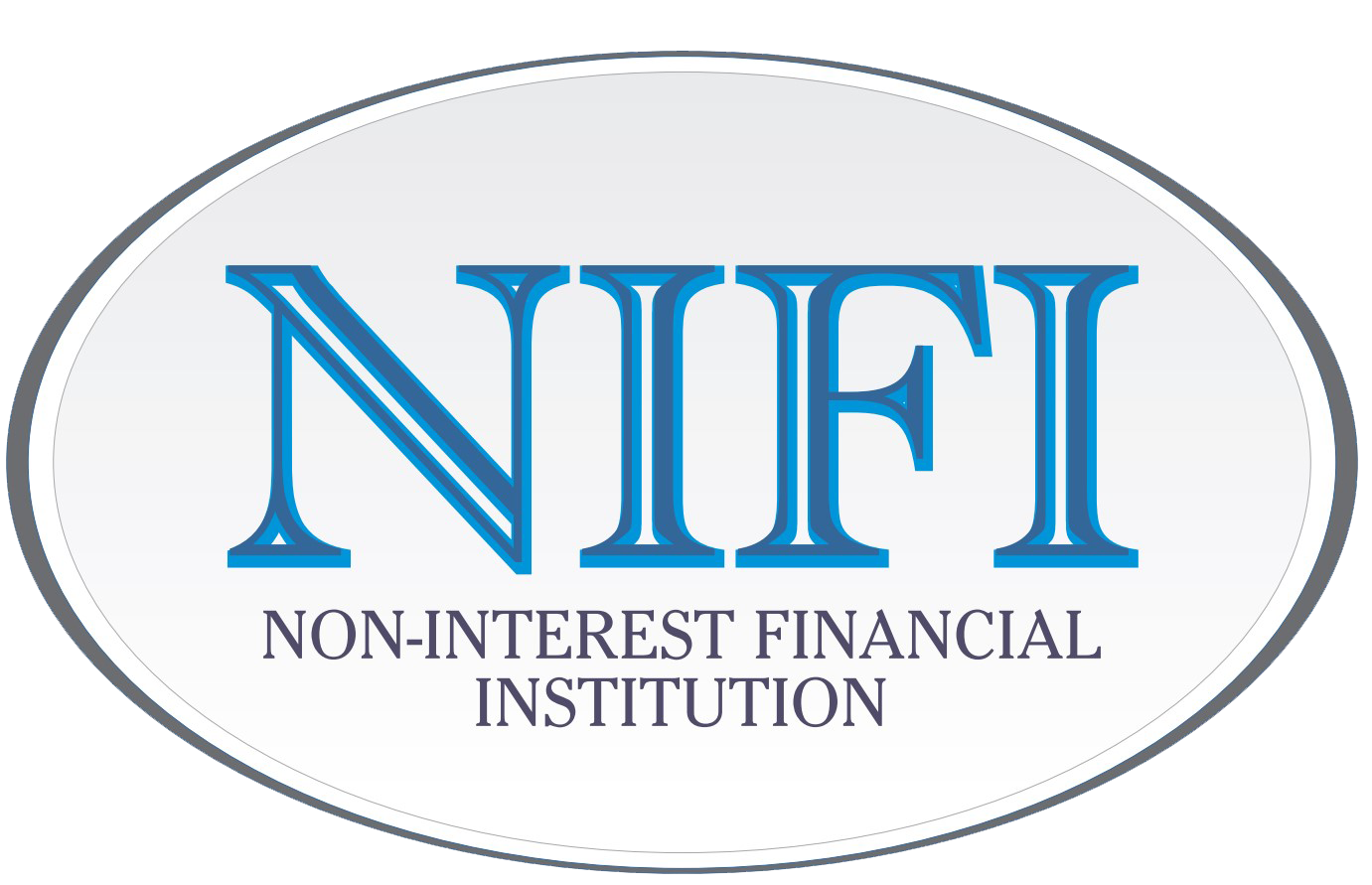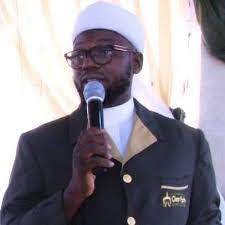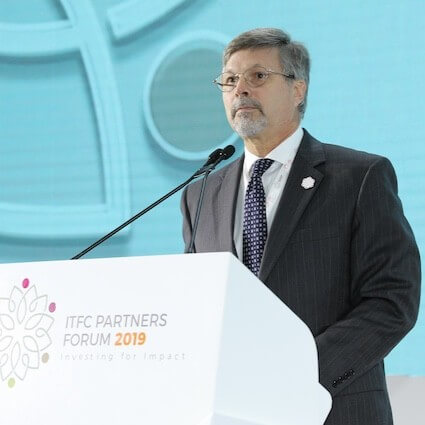Let’s face it; living in Nigeria sometimes feels like an Olympic sport. Between high fuel prices, power outages, and the rising cost of everything, the struggle is real. But here’s the good part: living smarter, not harder, can save you money and help the planet.
That’s the heart of sustainable living. It’s not about living in a hut or giving up comfort; it’s about making small, intentional choices that make life easier, more affordable, and cleaner, and there are now innovative solutions that ensure that sustainable living is no longer out of reach, it’s a smart lifestyle choice anyone can make.
So if you’re wondering where to begin, here’s how you can make everyday choices that save the planet and your pocket.
Power Smarter
Let’s start with the biggest headache, electricity. Between fuel scarcity, inflated bills, and unpredictable blackouts, power supply is both costly and unreliable. But what if you could take control?
That’s where AltPower comes in, a solution that gives individuals and businesses access to clean, renewable solar energy without the heavy upfront costs. Through flexible, interest-free financing, you can install solar panels, enjoy stable power and gradually pay overtime. Imagine working from home without your generator drowning out your Zoom calls or running your business without worrying about fuel costs. It’s energy independence that pays for itself while reducing your carbon footprint.
Plus, solar power isn’t just sustainable, it’s smart economics. With Nigeria’s abundant sunshine, you’re basically turning natural energy into savings.
Move Cleaner, Spend Less
Transportation is another daily drain. Traffic eats time, fuel consumes money and both eat at your patience. Choosing cleaner transport options is one way to fight back. Carpooling with friends or colleagues can cut your fuel costs in half. For short distances, walking or cycling keeps you fit and saves money. And as electric vehicles gradually become a part of Nigerian life, you are one step away from embracing a fully green mobility system.
If you cannot yet afford an electric vehicle, simple shifts like using ride-sharing apps or public transport whenever possible are small but powerful steps toward a more sustainable (and affordable) routine.
Shop Nigerian, Live Smarter
Let’s talk about what’s on your shopping list. Imported goods are often pricier because of shipping and duties and that means a higher carbon footprint too. Supporting local producers keeps money circulating within our economy and reduces environmental impact. Buying Nigerian-made fashion, produce and everyday items supports small businesses and artisans while helping you spend less. And when it comes to food, being mindful helps even more.
Planning meals, buying what you’ll use and repurposing leftovers can save you thousands of naira a month. It’s not just about eating sustainably; it’s about spending wisely.
Waste Less, Reuse More
We’ve all seen it; plastic bottles everywhere, overflowing bins and nylon bags in gutters. The truth is that Nigeria’s waste problem is everyone’s problem. But it’s one we can help solve. Start small: carry a reusable water bottle, bring your own shopping bags, and avoid single-use plastics when you can. These small changes cut down waste and save you money over time.
Recycling initiatives like WasteBanc even pay you for recyclables. Turn your waste into extra cash while keeping the environment clean. You can also get creative and upcycle; old jars can become storage containers; tyres can turn into planters and fabric scraps can be used for crafts. Sustainable living doesn’t have to be boring; it can be stylish and rewarding.
Water and Home Habits That Work
Water is life and saving it saves money too. Fix leaky taps, reuse greywater for cleaning or gardening, and install simple rainwater collection systems if you can. Every drop counts. When it comes to your home, sustainability starts with efficiency. Use natural light whenever possible, ventilate properly, and invest in energy-saving devices. You’ll notice lower bills and a more comfortable home.
Think Before You Spend
Sustainable living also means mindful spending. Every purchase is a statement, do you want to support wasteful habits, or contribute to something meaningful? Before buying, pause and ask: Do I really need this? Can I fix or reuse what I already have? Is there a better, local option?
Those small questions make a big difference and if you’re managing your money through Alternative Bank’s digital tools, you can easily track your spending, set saving goals and align your lifestyle with your values. Because sustainability isn’t just about the planet, it’s about creating a stable, stress-free financial life too.
One Step at a Time
You don’t have to become an overnight environmental hero. Sustainable living is about progress, not perfection. Every light you switch off, every reusable item you carry, and every naira you save on solar energy adds up.
Nigeria is changing and we have the chance to lead that change, not just follow it. With support from innovative solutions like AltPower, everyone, from students to business owners can play a part in building a greener, smarter, and more financially secure future.
Because when we live sustainably, we don’t just save the planet. We save our pockets, our peace of mind, and our future.




Very well written and relevant in today’s reality.
Simple, clear and straightforward advice that illustrates sustainable living is within everyone’s reach. Great article!